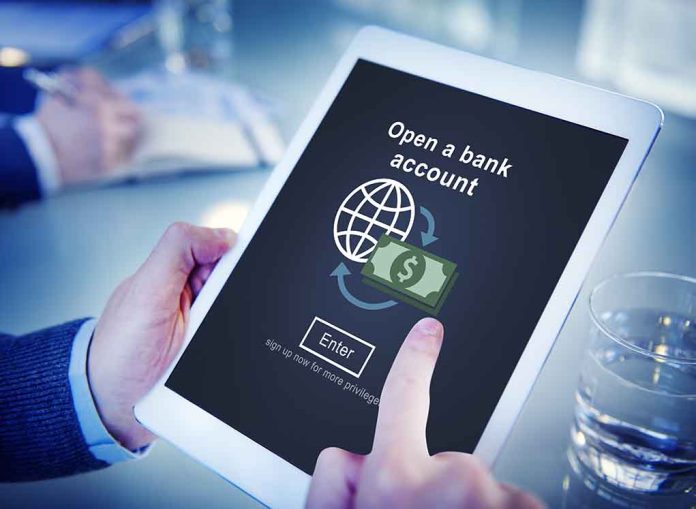
Too Many Banking Options Making Your Head Spin? This Will Help
(DailyDig.com) – There are a lot of banking options out there. When it comes time to get a new bank account, it makes sense that you might feel overwhelmed. There are dozens of major banks to choose from (as well as local credit unions). Here is a process that breaks down choosing a bank account type by step, and it starts with assessing your needs and how you will use the account.
What Type of Bank Account Do You Need?
While it might seem simple — bank accounts are places to securely stow your money, after all — each type of bank account might come with perks, and in some cases, every bank offers different perks of their own. This makes evaluating what type of account you need a bit of a challenge, but you can figure it out by starting with the basics.
Most banks will offer checking, savings, money market accounts, and Certificate of Deposits (CDs). If you just want to store your cash somewhere and access it with a debit card, you’re likely looking for a checking account. But if you want to save money in the long term, you’ll need a savings account. High-yield savings accounts offer higher interest rates than standard savings accounts. Some banks even operate online only. Whether you use an online or physical bank, your bank should be Federal Deposit Insurance Corporation (FDIC) insured. This protects you from loss for up to $250,000.
What are money markets? They’re kind of like savings accounts, but they provide you with the ability to write checks — something typically associated with checking accounts. If you want to earn interest in a different way, check out CDs. CDs allow you to lock money for a predetermined term, but in exchange for that you get a promised rate of return. You can pull your money out early, but there are fees associated with getting the money out of a CD before the account matures.
Beware Bank Fees: Here’s What to Look For
Banks are businesses, and just like all businesses, the idea is that they have to make a profit. They do this in several ways, but one avenue of revenue for them is the fees they assess account holders. If you’re feeling stuck at a bank that issues fees, it’s likely you can find a low-fee or no-fee bank account somewhere else. Online banks tend to use this as a strong selling point, because they have much less overhead than a physical bank does.
Bank fees include overdraft fees, which are unfortunately common. Find a checking account that will prevent your bank account from overdrafting in the first place by denying the transaction, or one with a lower fee to cover the overdraft. If you have overdraft protection, you might be paying up to seven times more versus customers who choose not to get it!
How Convenient is the Bank?
Convenience is a huge factor when it comes to choosing your bank. Do they have a satisfactory online interface? Is there a local branch near you, so you can handle large transactions or clear up any issues in person? Most banks have this now, but you shouldn’t be paying a fee to use any kind of online portal associated with your bank account. Additionally, some banks operate faster than others when it comes to accepting check deposits, so do your research.
Lastly, you’ll want to compare those banks. Use accredited online reviews to compare various bank options and avoid banks with poor reviews. Make sure you find a bank noted for a high level of customer service. There are a lot of choices out there, but with this solid understanding of bank accounts and services, you can hopefully find the right match for you.
Copyright 2022, DailyDig.com













